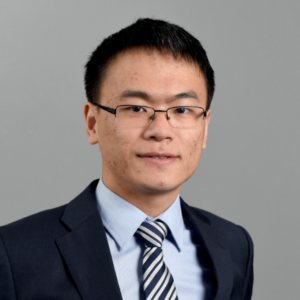http://s.uconn.edu/meseminar9/10/21
Abstract: It is commonly believed that understanding, building, and controlling complex engineering systems require data-driven methods beyond first principles. Often these methods are boasted as “AI”. Yet data-driven methods are known to lack risk certification, i.e., we don’t have principled knowledge about when they will fail or how badly if they do. This challenge has created a recent surge of efforts in “baking” first principles into data-driven methods, leading to new learning theories, algorithms, and applications. In this talk, I will go through three studies across the spectrum where first principles play a significant role in mitigating the risks induced by data-driven models. The first study investigates an optimal solution generator governed by the Karush-Kuhn-Tucker conditions, with applications to accelerating topology optimization. The second discusses the approximation of open-loop solutions to the Hamilton-Jacobi-Isaacs equations for incomplete-information differential games, with applications to safer human-robot interactions. The last investigates certifiable attribution of generative models, with applications to DeepFake regulation.
Biographical Sketch: Dr. Yi Ren is an Assistant Professor with the Department of Aerospace and Mechanical Engineering at Arizona State University. He got his BEng in Automotive Engineering from Tsinghua University in 2007 and his PhD in Mechanical Engineering in 2012 from the University of Michigan, Ann Arbor, where he also worked as a Postdoc before moving to ASU in 2015. His research focuses on developing robust machine learning methods for risk-sensitive engineering systems, with applications to structure/materials design and autonomous driving. He has won multiple NSF grants from system engineering, materials science, robotics, and cybersecurity programs, the Amazon Machine Learning Award (2019), and the Best Paper Award at the ASME International Design and Engineering Technical Conferences (2015). He leads the planning of an ASU NSF AI institute for 4D materials design.
